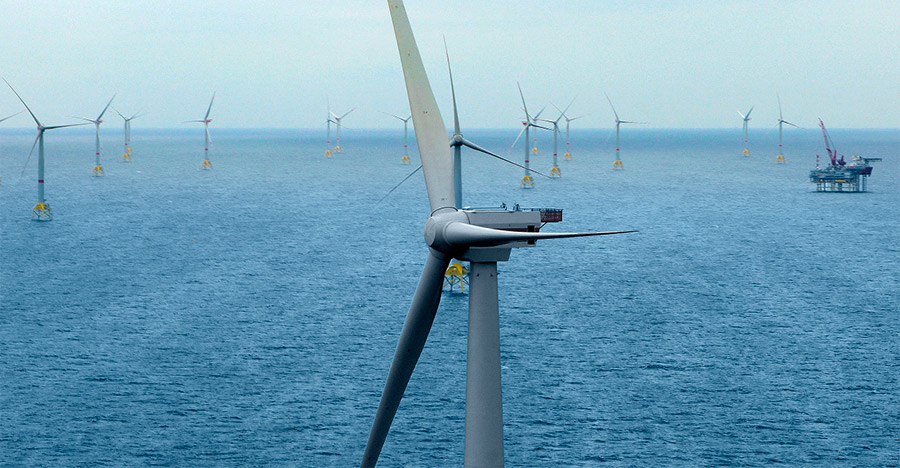Developers can submit bids until 31 January 2024 and the projects will be selected by 12 June next year, with the execution of long-term contracts scheduled for August 2024.
The period for submission of proposals allows developers to incorporate several emerging initiatives, including anticipated federal programme guidance on tax credits, federal grants for transmission upgrades, and additional coordination with regional state partners, according to the Massachusetts government.
According to the Request for Proposals (RFP), issued on 30 August by the Massachusetts Department of Energy Resources (DOER) and the state’s electric distribution companies (EDCs), bidders can offer proposals of between 200 MW and 2,400 MW.
The minimum capacity has been lowered since the draft RFP that was sent to the Department of Public Utilities (DPU) for approval earlier this year when it was set at 400 MW.
The now-issued RFP sets several requirements for the developers, including demonstrating the project’s advantages to environmental justice populations and low-income ratepayers, and opportunities for diversity, equity and inclusion in workforce development.
“In contrast with previous years, this RFP makes clear the weight given to projects with robust economic development proposals that support minority- and women-owned businesses and support for low-income workers, workers of color, and workers from impacted environmental justice communities. Projects must also develop an environmental and fisheries mitigation plan that considers commercial, recreational, and indigenous fishing rights”, the State government said in a press release.
Furthermore, the government has also included provisions that allow for additional flexibility in proposals, one of which permits bidders to submit an alternative indexed pricing proposal intended to reduce risk to ratepayers and bidders. This provision in the RFP is meant to fight the challenges the industry is currently facing, which are driven by inflation and other macroeconomic trends.
As part of the goal to help developers make their projects fully viable, the RFP also provides for the potential for savings resulting from federal tax credits and requires details on how bids would use applicable tax credits. The fourth solicitation also allows for flexibility in the schedule if IRS program guidance on the Inflation Reduction Act is announced late in the bid preparation timeline. In this regard, bidders would have time to incorporate the guidance and to capture as much savings for ratepayers as possible.
Through its previous three solicitations, Massachusetts procured 3.2 GW of offshore wind capacity.
The first two rounds saw offshore wind capacity awarded in 2018 to the 800 MW Vineyard Wind 1 project, which is now under construction, and in 2019 to the 804 MW Mayflower Wind.
In 2021, the 405 MW Mayflower Wind and the 1.2 GW Commonwealth Wind projects were selected to provide a further 1,600 MW of offshore wind capacity to the state’s grid.
